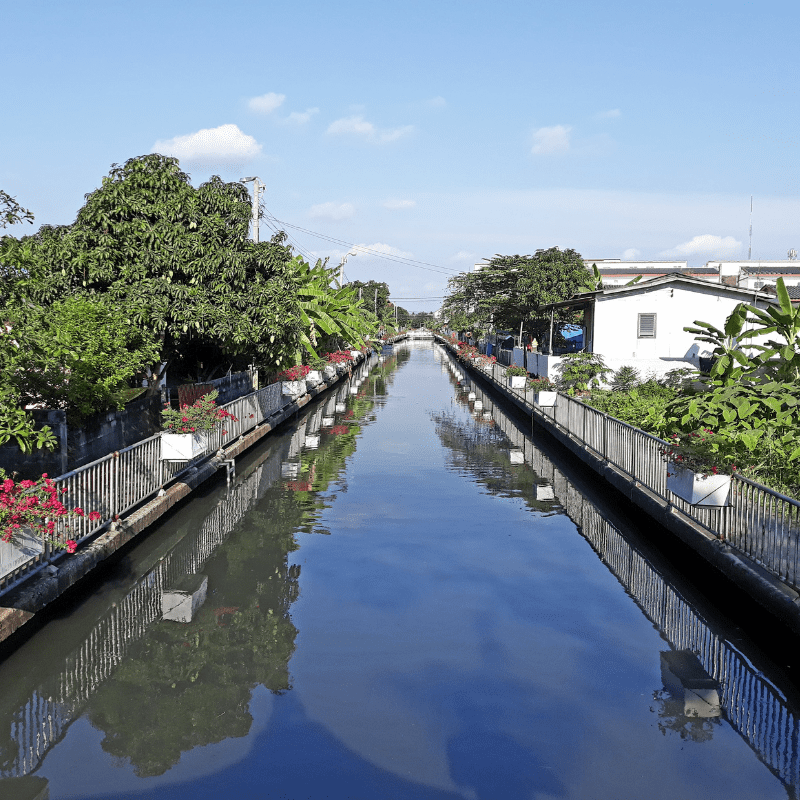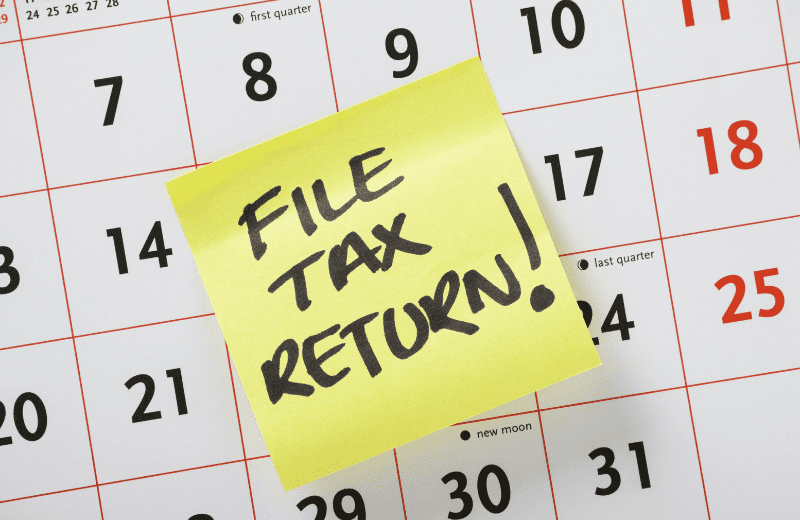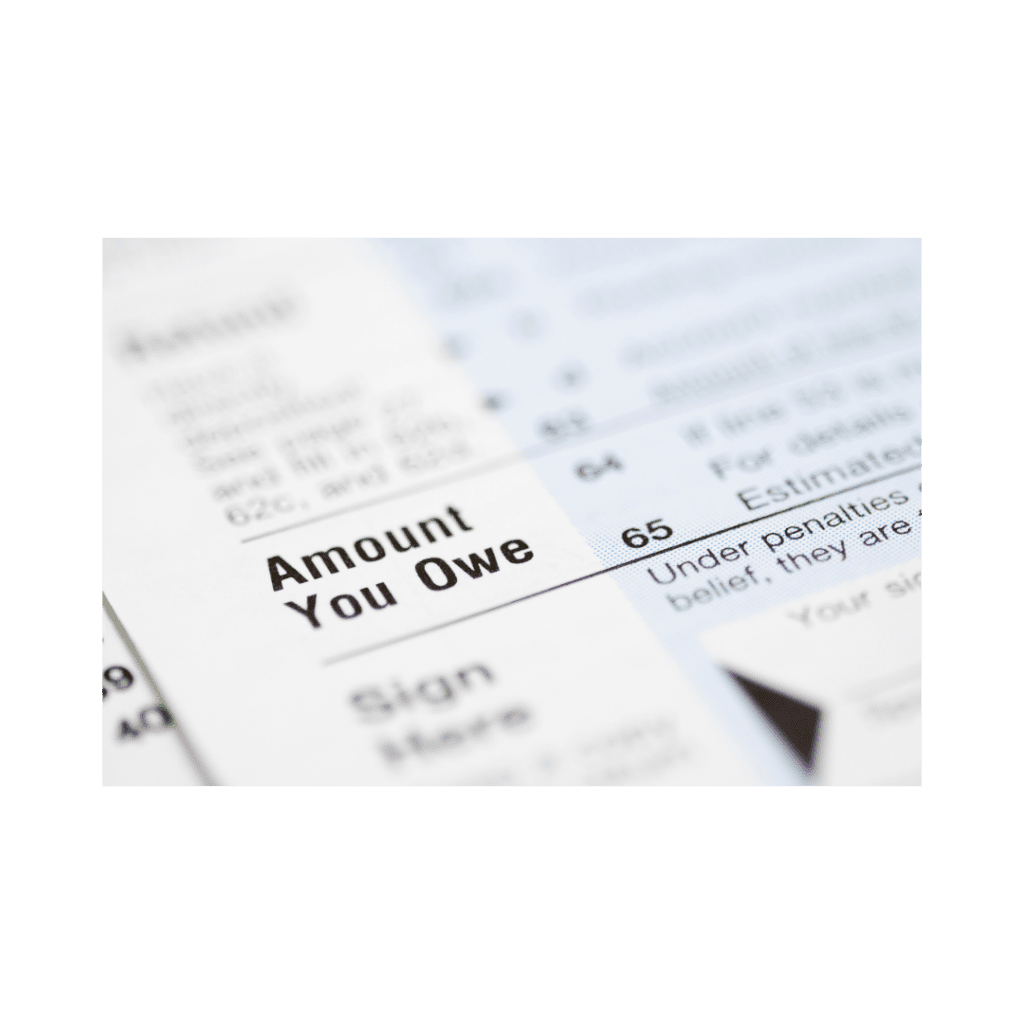Are CDD Fees Tax Deductible? A New Homeowner’s Guide
If you’re new to the state of Florida, you might encounter something that Florida homeowners have dealt with for years: CDD assessments. And if you still itemize deductions on your income tax return, you might be wondering, “Are CDD fees tax deductible?”
Unfortunately, for most homeowners, the answer is no. But even though CDD fees are not generally tax deductible on your federal tax return, there are some things you should know. In this article, we’ll cover this topic and answer some important questions, such as:
- What is a CDD fee?
- What does a CDD fee include?
- What is the difference between CDD fees and homeowner’s association fees?
- When might CDD fees be tax deductible?
Let’s start by discussing what a CDD actually is.
Contents
Table of contents
What is a CDD fee?
A community development district fee, also known as a CDD fee, is a special assessment authorized under Florida statutes. To better understand what CDD fees are for, we first need to understand what a CDD is.
What is a CDD?
Authorized under Florida law, a community development district is a special purpose government framework. CDDs exist in communities as an alternative to municipal incorporation.
As a governmental entity, a CDD generally has five elected officials, which constitute the board of supervisors. Additionally, there generally exists professional management, in the form of a district manager, who sees the day to day operations on the board’s behalf.
The board of supervisors in CDD communities has authority to make certain decisions, including:
- Enter into, modify, or terminate contracts
- Own real property, such as land or personal property, such as maintenance vehicles
- Adopt by-laws, rules and regulations
- Obtain funds by issuing municipal bonds
- Impose assessments on property owners within the district
This last authority is most pertinent to our discussion. Which begs the question, “How does a CDD impose CDD fees?”
How are CDD fees calculated?
To understand how a CDD calculates fees, it’s important to understand that there are two basic stages of a CDD: development, and after development.
Development
When developing new communities within the state of Florida, a developer generally is responsible for all parts of the community infrastructure costs. This might include water, sewer systems, roads, and other amenities of the community that do not yet exist. So the developer might create a CDD to help manage the upfront costs of the new community.
One of the benefits of a CDD is that in development, the developer can issue a CDD bond to help pay for the buildout of this infrastructure. Generally, the cost of the bond is payable over a 30-year period, although this is not always the case. For example, our community paid off the developer-issued bonds after only 20 years.
But after the development is complete, the developer of a neighborhood must actually turn the CDD over to the community residents.
Post-development
After the developer has turned over control of the CDD to the residents, the CDD is still responsible for assessments. Not only is the CDD responsible for paying off the cost of the bond or bonds that the developer issued, but the CDD must take into account all of the operating costs for the new community, as well as any community improvements that the developer did not create.
Let’s take a look at what a CDD assessment might include.
What is included in a CDD fee?
Below is a partial list of things that a CDD might be responsible for:
Water management and control
According to Florida law, local municipalities are responsible for the proper management of waterways. This includes maintenance of storm drains to mitigate flooding impacts to residents as well as lakes and rivers.

Management of conservation areas
This includes mitigating impacts to wetlands, as well as investigating and remediating any environmental contamination that might occur on CDD property.
District roads and streetlights
Often, CDD developers must build roads and streetlights for the new community. Part of the CDD assessment includes the ongoing maintenance of this new infrastructure. In our community, our CDD actually created separate street lighting districts. Special assessments fund these street lighting districts to offset the costs of maintaining and operating the street lights.
Parks and recreation facilities
Usually, parks and other recreation facilities fall under state or county management. However, there might be times when a CDD manages certain parks within its borders.

For example, the CDD where I live funds and manages two of our county’s residential parks.
Other municipal functions
Below are some of the other functions that a CDD may pay for:
- water supply
- sewer
- bridges and culverts
- public transportation and parking
- fire prevention and control
- school buildings and related structures
- security
- waste collection and disposal
- mosquito control
Depending on the county where you live, these might be county functions. But generally, local governments fund these costs, whether they be city, county, or CDD.
How does the CDD assess its fee?
CDDs operate like any local government. According to Florida statute, CDDs must operate under what’s known as the Sunshine law. This means a couple of things:
- All CDD meetings are open to the public, and any residential homeowner or local business owner may attend
- Florida law requires a minimum public notification period for all meetings
- All decisions by the CDD board of supervisors must be made during an officially announced meeting
- Meeting minutes are recorded by an official court reporter
- All transcripts are available to the public
- All written communication between the CDD board of supervisors and staff are part of the public records
Over the course of a tax year, the CDD builds its annual assessment in accordance with its operating budget. Specifically, the assessment must cover the cost of outstanding bond service, as well as current and expected operating costs.
From there, the CDD fee must make its way into the annual tax statement.
How do I actually pay my CDD fees?
While a CDD board has delegated authority to assess a fee to offset the cost of services, it usually does not have a tax collector. So a CDD might partner with the county tax collector, which then builds the CDD fee into the county’s annual property tax bill for every owner.
Why are CDD fees not tax deductible?
Generally speaking, state and local property taxes are only deductible when they are based upon the assessed value of the property. These are also known as ad valorem taxes.
Conversely, a CDD fee is a non-ad valorem assessment that appears on your county tax bill. This is a fixed amount that is based upon the cost of day to day operations as well as the cost of amenities based upon CDD board approval.
Contrary to popular opinion, this is not that big of a deal. Since the 2017 passage of the Tax Cuts and Jobs Act, the percentage of taxpayers who itemize their tax deductions fell from approximately 30% to about 10%. In other words, more people than ever are taking the standard deduction on their tax return. In these cases, the deductibility of CDD fees is irrelevant.
But there are situations where CDD fees might be tax deductible.
When might CDD fees be tax deductible?
CDD fees might be deductible as a rental expense for owners of rental real estate. Since a CDD fee is a normal business expense, you may be able to deduct the fee on Schedule E of your income tax return.
Please see your tax advisor to determine whether CDD fees are deductible in your unique situation.
Video walkthrough
Watch this informative video to learn more about CDD fees.
What is the difference between CDD fees and HOA fees?
Generally speaking, a homeowner’s association might impose fees for amenities not covered by a CDD. This might include community amenities such as tennis courts or community pools.
It is important to note that a homeowner’s association is different from a CDD. For example, in the neighborhood where I live, we have a CDD and an HOA. Since they provide different amenities, homeowners in my neighborhood pay both a CDD assessment and an HOA fee.
Why are CDD fees bad?
Many homeowners dislike CDD communities because they believe that the CDD fees result in higher property taxes. While CDD homeowners might pay more than their non-CDD counterparts, they usually are receiving benefits that the other homeowners don’t see.
One example is our community’s landscaping. Over the past 30 years, our community has received many compliments about its landscaping. While our residents might pay a little more, the contrast is apparent when driving in and out. As soon as you leave our community, the difference is stark, to say the least.
So CDD fees aren’t bad, per se. They often pay for amenities that a local or county government simply cannot afford to give their constituents.
Frequently asked questions
Below are some more commonly asked questions about CDD fees.
Generally, you cannot avoid paying CDD fees if you live in a CDD. The CDD fees pay for certain amenities enjoyed by community members. The primary way to avoid paying CDD fees is to live in a community that does not have a CDD.
Generally, residents should expect to pay CDD fees unless they decide to move to a community that doesn’t have a CDD. After the developer has completed building the CDD and municipal bonds have been paid, fees may go down. However, they generally will not go to zero, as there will be ongoing maintenance requirements, new projects, or existing infrastructure improvements.




